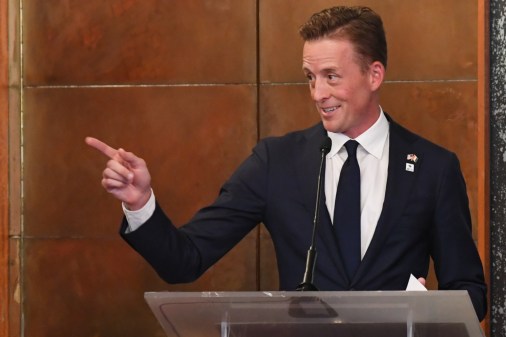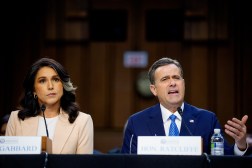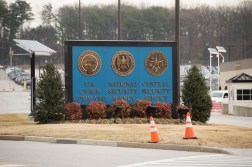Biden nominates veteran national security official as top cyber adviser

President Biden on Wednesday nominated Harry Coker, a long-time CIA and National Security Agency official, to serve as the next national cyber director, a choice that elevates a relatively unknown official to take on a high-profile assignment as the president’s leading cybersecurity adviser.
Coker’s nomination ends a protracted search to replace Chris Inglis, who led the Office of the National Cyber Director until February after leading efforts to draft the administration’s cybersecurity strategy.
Leading voices in Capitol Hill have urged Biden in recent weeks to nominate Inglis’s deputy, Kemba Walden, who has been serving as the acting director. Despite the support of key lawmakers, the White House passed on elevating Walden to the permanent position — reportedly out of concern that her significant financial debts might hinder her confirmation before the Senate.
Reports that her financial circumstances may have hindered her nomination have sparked widespread criticism from former government officials and cybersecurity veterans. A former official at the Departments of Commerce and Homeland Security and a Microsoft lawyer, Walden was seen as an eminently qualified choice for the position who as a Black woman also brought a welcome measure of diversity to a cybersecurity policy community historically dominated by white men.
Currently a senior fellow at Auburn University’s McCrary Institute for Cyber and Critical Infrastructure Security, Coker, who is Black, is far less well known. A four-decade veteran of the CIA and NSA, Coker has headed the CIA’s efforts to incorporate open-source intelligence into its work and from 2017 to 2019 was the NSA’s executive director, according to a biography distributed by the White House.
If confirmed, Coker will inherit a long to-do list. Earlier this month, the White House released an implementation plan for its national cyber strategy, a collection of more than 65 initiatives aimed at delivering broad improvements in computer security both for the U.S. government and consumers.
In a statement on Tuesday, Sen. Angus King, I-Maine, and Rep. Mike Gallagher, R-Wis., the chairs of the Cyberspace Solarium Commission — which helped spur the creation of the Office of the National Cyber Director — praised Coker’s selection, arguing that his skill set and experience made him highly qualified for the position.
“It is important to reiterate the necessity of strong, permanent leadership in the Office of the National Cyber Director,” King and Gallagher said. “The NCD is effectively the ‘coach’ of the U. S. cybersecurity team, and it is important that the leadership is Senate-confirmed and accountable to both the President and Congress. As long-standing football fans we both know that you can’t win without a great coach.”
Updated July 25, 2023: This article has been updated with comment from Sen. Angus King and Rep. Mike Gallagher.





